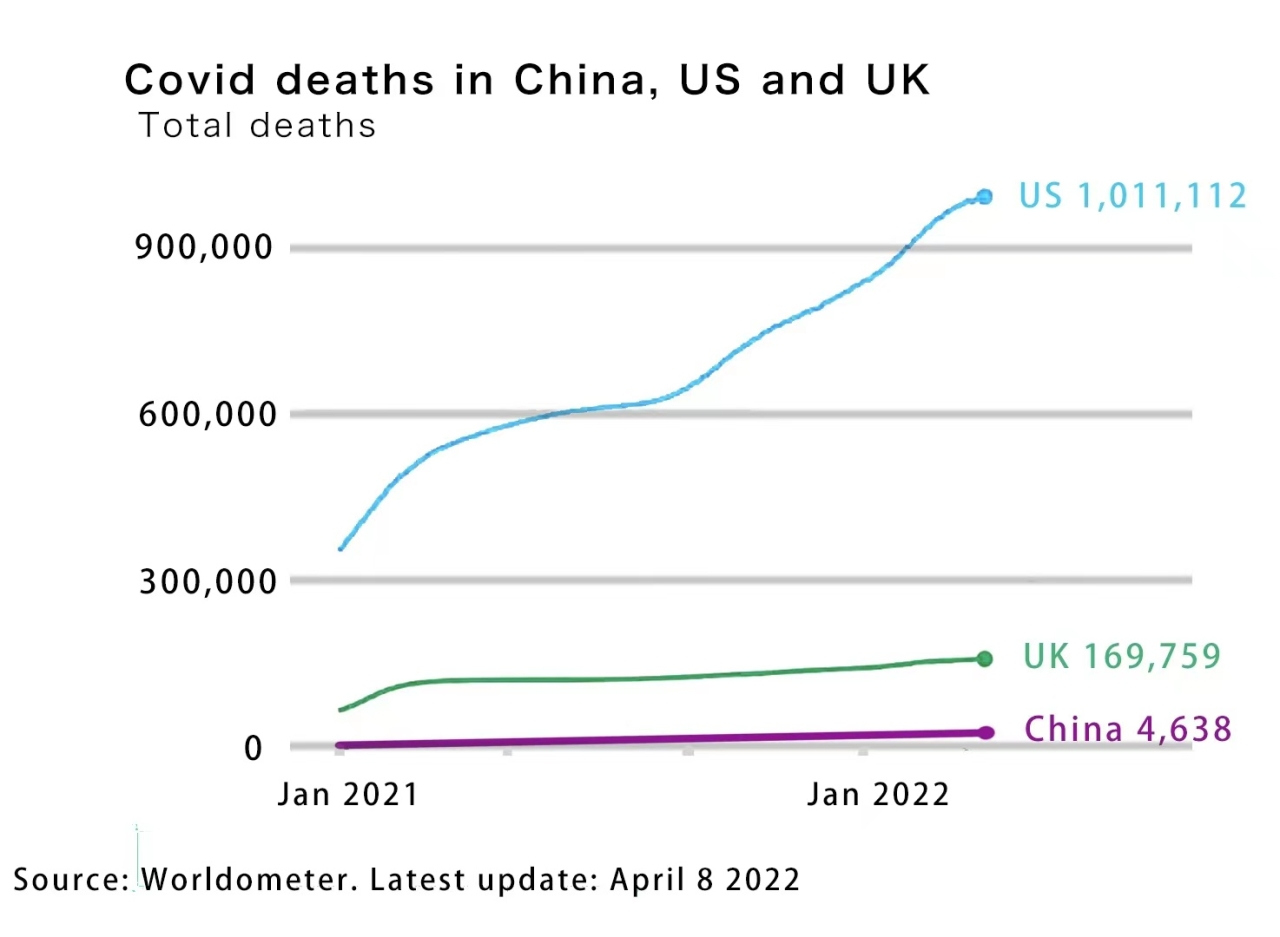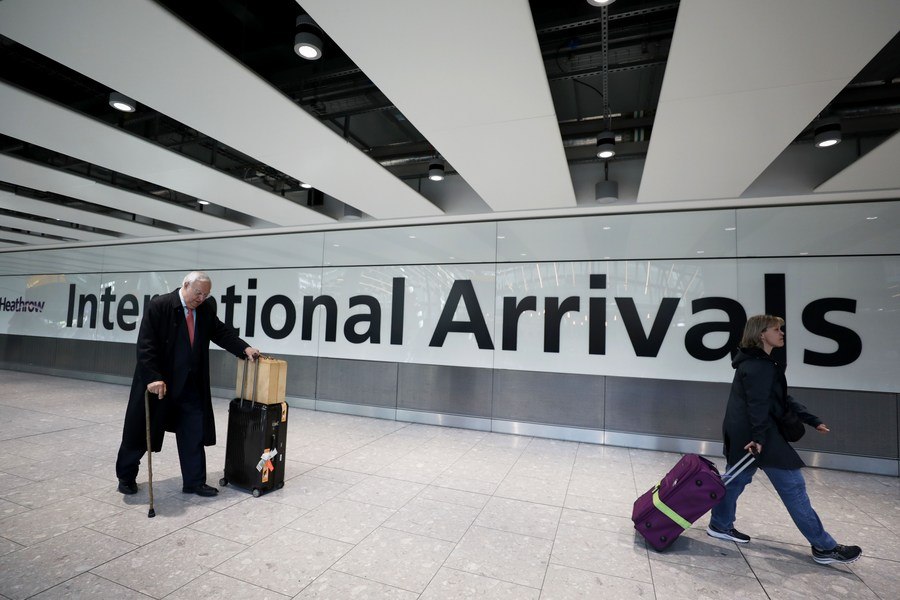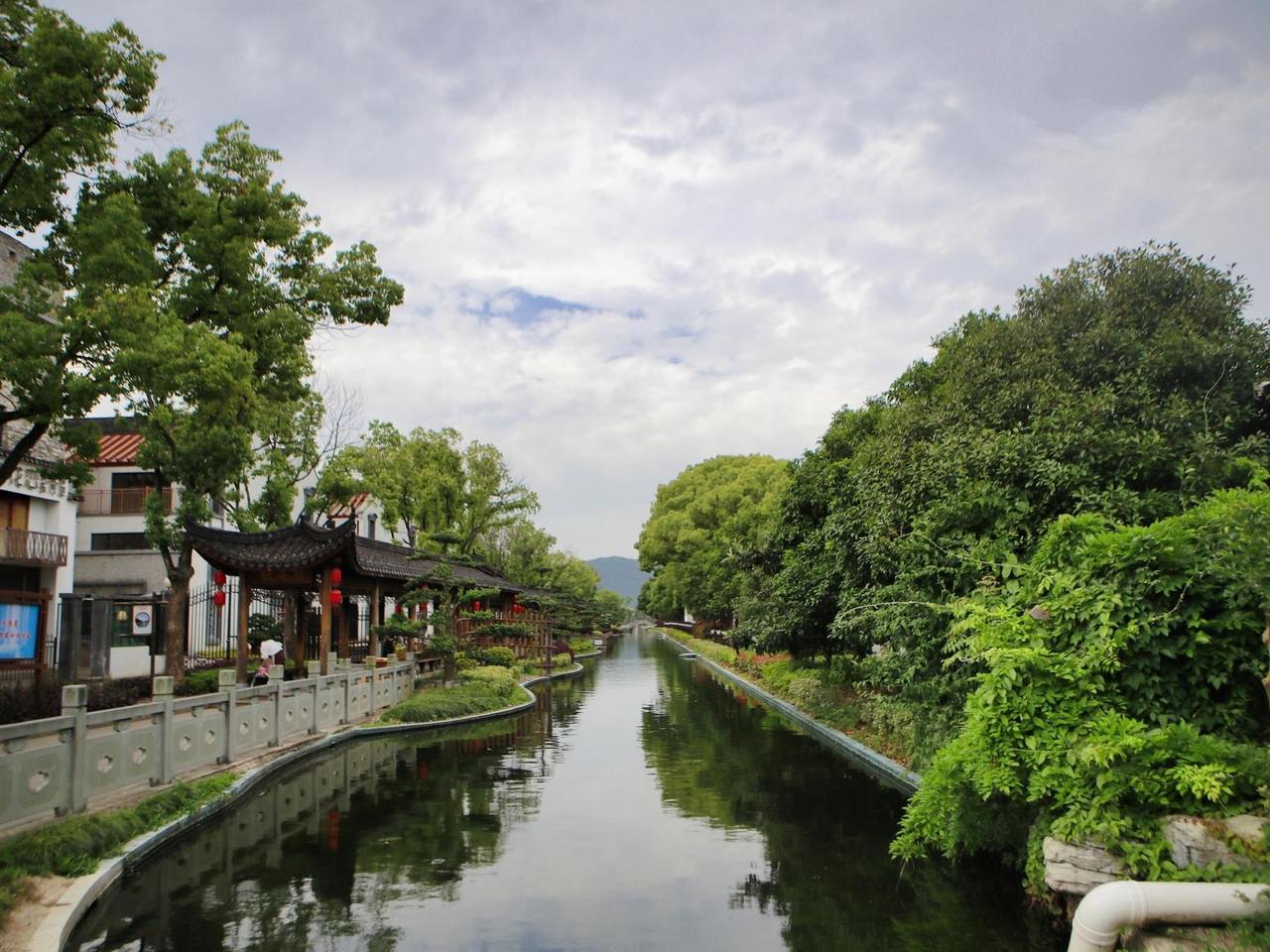"Nothing is ending, neither the COVID-19 nor the pandemic," said Debora MacKenzie, a leading science journalist who currently lives in France. She addressed the false narratives about COVID-19, saying, "Lots of governments in the west use slogans such as 'living with COVID' to make their citizens happy but we need to make sure that people have access to the truth."
MacKenzie has been reporting on emerging diseases for more than 30 years and wrote a book to explain how COVID-19 turned into a global pandemic as early as 2020. She recently published an article on Guardian, challenging the false narratives about COVID that caused needless deaths and calling for a rethink of epidemic control in the era of Omicron.
Is Omicron a big flu? What are the facts behind the "living with COVID" slogan? If we could lift control measures? Let's try to shed light on these questions through the exclusive interview with Debora MacKenzie.

Covid is a lot worse than flu
There have been growing calls in Europe to treat coronavirus as an endemic illness, like the flu since January 2022. An article published on Lancet indicates the impacts of future SARS-CoV-2 transmission on health will be less and suggests the death toll from Omicron seems to be similar to the level of a bad influenza season.
However, MacKenzie stressed that COVID-19 is much worse than flu because it’s more contagious and much more dangerous. “If you caught COVID before vaccination, you would be on average 10 times more likely to die than if you caught flu. If you were over 60, you would be 20 times more likely to die with COVID than flu,” she said.
Although Omicron is milder and the chance of dying is much lower if people are vaccinated, MacKenzie added the speed with which Omicron infects people is, in fact, pushing up the total number of deaths. According to the UK’s Office for National Statistics, the total number of deaths whose underlying cause was a main respiratory disease increased to 9,641 since the first week of January in 2022, 50 percent higher than in a typical flu season despite lower levels of social mixing.

Passengers walk at the international arrivals area in Heathrow Airport in London, Britain, March 18, 2022. (Xinhua/Li Ying)
In addition, MacKenzie highlighted long COVID as a substantial difference between COVID and flu. The term "long COVID" is commonly used to describe symptoms such as persistent fatigue, breathlessness, and brain fog that continue or develop after acute COVID-19. One in three people who survived COVID-19 suffered from long COVID, a study published by the U.S. Centers for Disease Control and Prevention revealed.
"Lots of people have trouble getting medical assistance when they feel tired all the time after recovery," said MacKenzie. "Sometimes the symptom is serious, sometimes it's not, but it's a burden of disease when you look at it as a country. There will be an awful lot of sick people!"
MacKenzie pointed out that there are lots of false narratives about COVID-19 on social media, and people believe in these narratives out of emotion instead of facts. "Some are afraid of the deadly virus while others are tired of the pandemic, therefore some politicians repeat these lies for people's support," she said, "I don't think all governments in the west really understand that they have to take on board that Omicron is so contagious."
German Health Minister Karl Lauterbach admitted that he had made a mistake by suggesting an end to mandatory quarantine on April 6, saying, "Coronavirus is not a cold. Ending mandatory isolation sent the wrong signal that the pandemic was over and the danger was past but in fact, more than 300 people were still dying a day."
'Living with Covid' doesn’t mean completely relax
Living with Covid is a statement of reality that has been known by scientists for a long time considering the virus is not going away, but now some countries use "living with Covid" as a slogan trying to tell people to relax and lift control. MacKenzie stressed that we should not completely relax, saying, "We have means and policies prior to living with Covid.”
"We need masks, social distancing, vaccination, and hopefully we can develop more drugs. I think we have been neglecting these measures when a country in the West says we're living with Covid," said MacKenzie. "If we relax too much, especially with Omicron, we still run the risk of getting so many cases that our health systems can't cope with.”

A closed testing center is seen in Heathrow Airport in London, Britain, on March 18, 2022. (Xinhua/Li Ying)
What worries MacKenzie is that the virus keeps evolving. "We don’t know if the virus will become more deadly or if it’s learning to evade vaccine. If that happens, we have to put the control back in very quickly. If we dismantle our testing, we might not be able to put them in again so quickly," she said. "It’s crazy that Britain has shut down its free testing because they will not know where the virus is, or what it's doing.”
Moreover, MacKenzie considered a high vaccination rate as a vital prerequisite for the 'living with Covid' slogan. "You might be able to say it in London but not in Lagos and a lot of the world." Our World in Data shows 78.6 percent of the population received the first dose and 57.8 percent were given a booster in the UK while 10.2 percent had the first dose and 0.4 percent were given the booster in Nigeria.
When talking about living with Covid, MacKenzie said developed countries have to decide what they can do to help developing countries build up health systems and make sure they can afford vaccines.
“It’s not just a moral thing because COVID operates on a planetary scale. If the virus keeps circulating among people who haven't been vaccinated, it will have the chance to get back at infecting people who have been vaccinated. Reports also show rich countries are losing billions in trade because the economic disruption in poor countries costs much more than the vaccine.”
Is it possible to control virus spreading with a minimized cost?
MacKenzie considered China did a brilliant job to contain COVID through isolation and contact tracing in 2020, as a result of which, it has less economic damage and far fewer deaths. However, she highlighted Omicron spread much more quickly than previous variants so we need to rethink how we can control it.
“It’s difficult to control Omicron through contract tracing and isolation but there are things that China can do and it’s actually doing. When there is an outbreak, they do partial lockdowns and shut down some businesses, working hard to get people tested, diagnosed, and taken care of,” she said, “you are doing that flexibly now and I think it will be the future.”
China has been sticking to the life-first approach over the past two years, which is frequently questioned and misunderstood by many countries which pivoted to "living with the virus" and eased restrictions. According to Liang Wannian, head of China National Health Commission's COVID-19 task force, putting life first does not mean 'no infection' as currently, we are unable to ensure that not a single local case occurs, but having the capacity to mount a swift, targeted response early in a new outbreak.
"Every country will have the right to manage the pandemic in the way it fits. Different countries will open up at different times in terms of the local way to do things, its culture, and local governing structures," she elaborated. "There is always a balance between the cost of control and the effectiveness and the cost of lifting control and the consequences. Governments now are having to think in terms of the changes in the virus and get the balance."
Reporter: Jasmine, Hannah
Video: Axin
Graphic design: Mia
Editor: Zhao Yang, Wing, Steven, Jerry
(Reese also contributed to this report)




